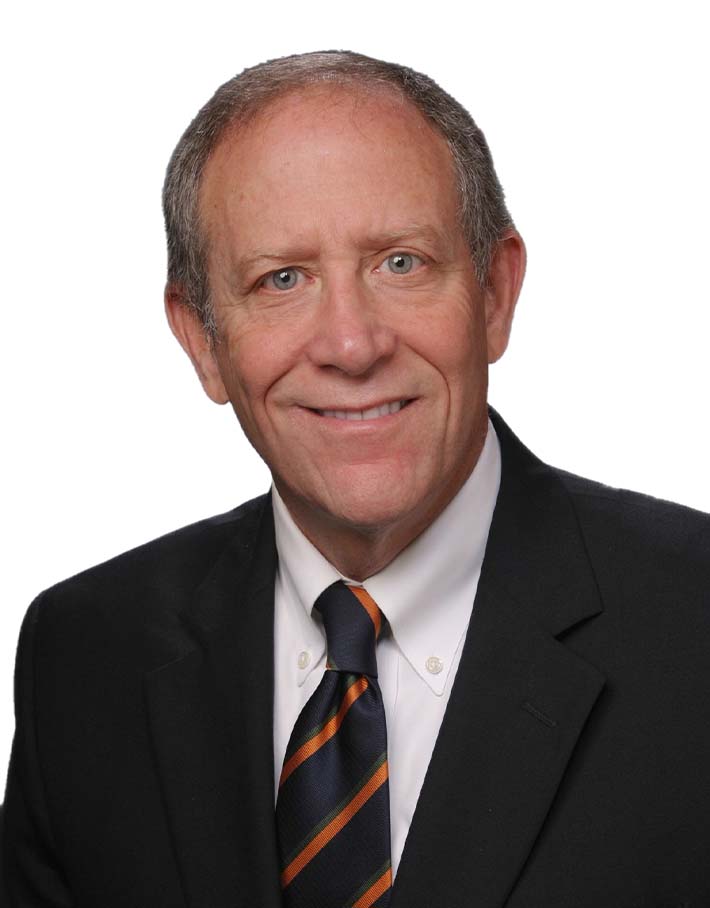
Join Oyster Consulting’s Jeffrey Hiller in his new podcast mini-series, CCO – Behind the Scenes, as he shares his vast experience as both a CCO for several global investment firms and Senior Counsel for the SEC’s Division of Enforcement. Being CCO is more than just checking boxes. Listen and learn in these short discussions as Jeffrey shares his real experiences and lessons learned. In this week’s episode Jeffrey discusses personal compliance violations and what you should do. Some things you just won’t get from a textbook.
Transcript
Transcript provided by Temi transcript services
Jeffrey Hiller: Welcome to CCO – Behind the Scenes, an Oyster Stew podcast mini series. I’m Jeffrey Hiller, Managing Director at Oyster Consulting, former Senior Counsel for the SEC’s Division of Enforcement, and I’ve also served as the CCO for many well-known global investment firms. I’ve seen both sides. I’ve been on both sides, and I literally helped write the textbook for US Modern Regulatory Compliance. Being CCO is more than just checking boxes. There are office politics to navigate, nuances to dealing with regulators and board members, and of course, ethical issues. Join me as I share my real experiences and lessons learned from my decades in the industry. Some things you just won’t get from a textbook. Another important topic compliance officers have to manage is personal compliance violations. Many people at advisors and broker-dealers have procedures that they have to follow to pre-clear securities to make sure that there’s not open orders on the desk. This usually/oftentimes automated, sometimes not. It also, in many cases, applies to the portfolio manager, the trader, or whoever involved with it applies to their family trading. It wouldn’t be unusual for someone, to their spouse or one of their children living at home, to forget they had to pre-clear and then they have a violation in those cases. I think you just need to realize that, yes, you’re going to note the violation. You’re going to sit down and talk with the employee. You’re going to talk with their supervisor and get them to understand how the process works. And most importantly, people have to understand that compliance should never, ever sanction or discipline an employee. The compliance officer or whoever is managing this, should share the information with the supervisor, should make suggestions to have the supervisor handle it and let the supervisor handle the sanction or discipline or talk and notify compliance that they’ve done it . Because, if you start sanctioning someone as a compliance officer, you become a policeman. You also become their supervisor, and that’s not what you’re looking for. You’re looking to embed a firm with a culture of doing the right thing, and supervisors are responsible for that. As an example, one time I had a sales guy who was a CPA and he taught at the CPA American Institute. I got a note from the Institute saying that my employee had fraudulently submitted expenses, that he said that he took a plane, but he flew his own plane, said he had meals, but he didn’t . And so the AICP sanctioned him. When I got the notification, I conducted a soup-to-nuts examination of everything that person had done at the firm because my theory is that if they’re going to cheat in one way, they’re going to cheat in another way. I’m always amazed by people with large incomes who take these little shortcuts that they really don’t need to take. But in this case, I presented it to the employee supervisor. We happened not to find that anything else where he cheated the firm he was with or cheated us, but we also sanctioned him for the violation he occurred outside. We put restraints restraints on his activities and we entered and provided enhanced supervision of him for two years to make sure that we weren’t caught with surprises. And when the SEC came in and they requested files, they saw that we did this and they thought, “We are impressed.” And so those are a very important thing to find periodically. I would look at the email periodically. I would try and do a, or have somebody on my staff, do a Google search of people. If you find a violation, don’t assume it’s the only violation. It could be, and you could have a happy ending, but you need to do the footwork and show that you’ve done it. If you haven’t written it, it hasn’t happened. Thanks for listening, and I hope you found this helpful. If you like what you heard, make sure to follow the Oyster Stew podcast on whatever platform you listen to. Oyster consultants are industry practitioners; we aren’t career consultants. We’ve done your job and know the issues you face. If you’d like to learn how we help firms start, run, and protect and grow their business, visit our website at www dot oysterllc.com.



